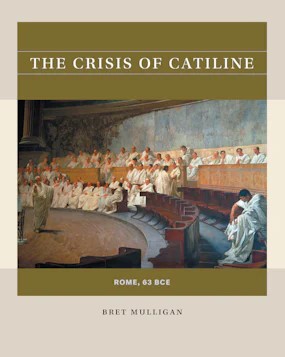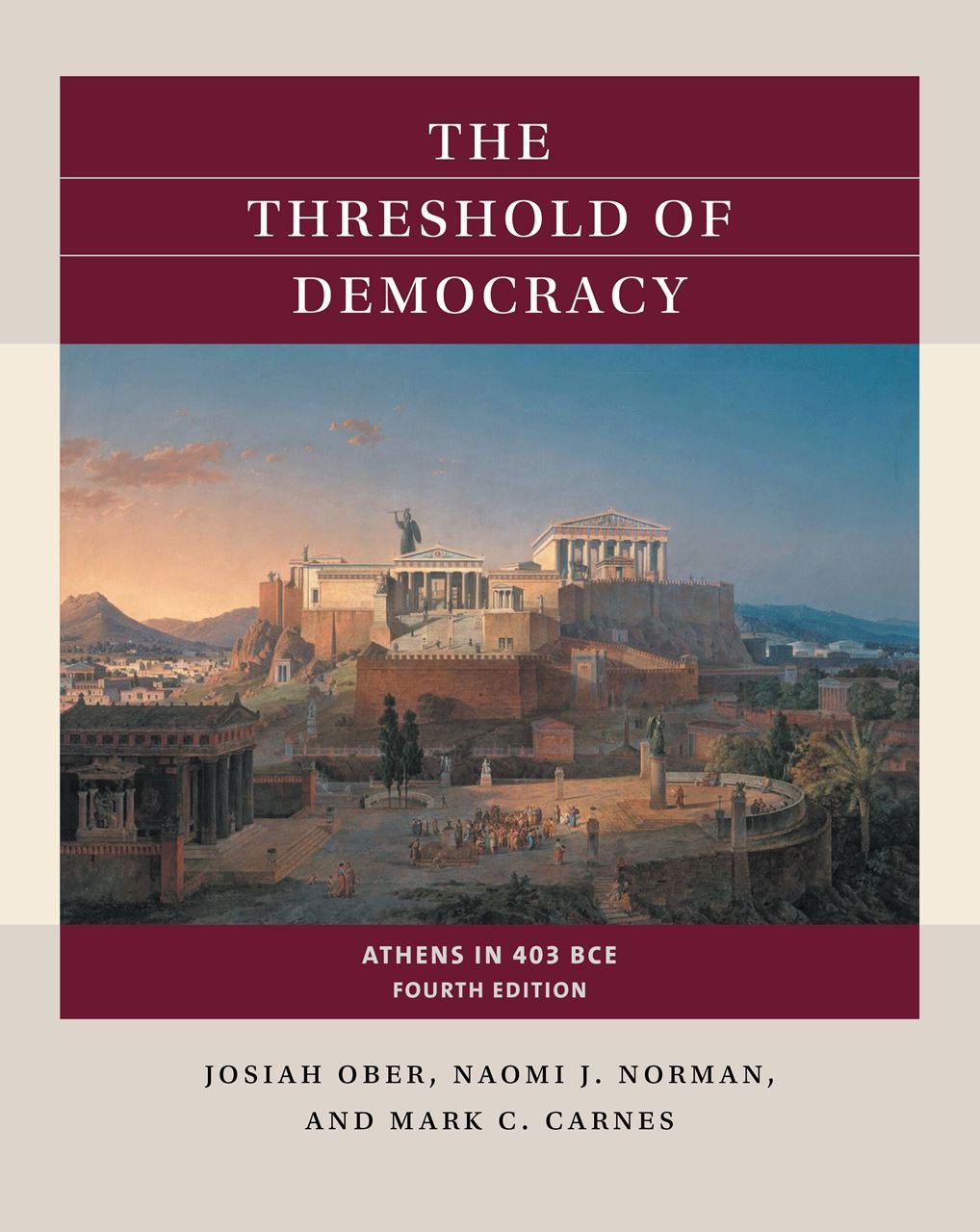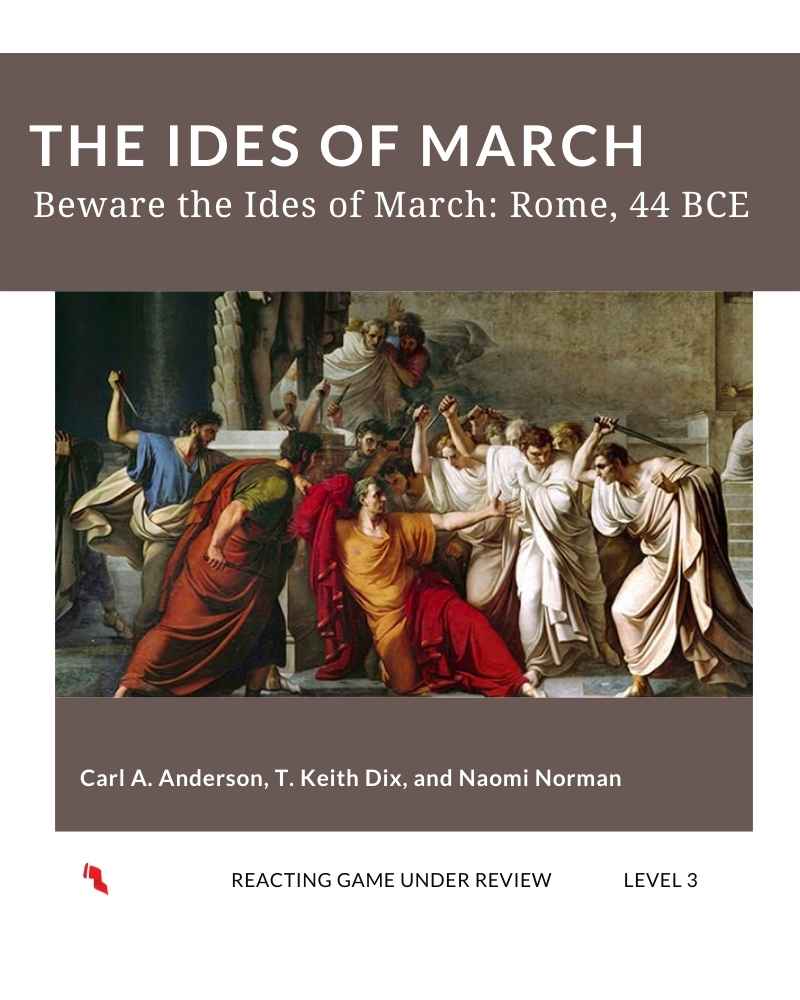 |
THE CRISIS OF CATILINE
The Crisis of Catiline: Rome, 63 BCE
by Bret Mulligan
Play this game recently? | It is the year when Marcus Tullius Cicero and Gaius Antonius Hybrida are consuls. Will the Republic live to see another? Rome, 63 BC: a tumultuous year of urban and rural unrest, economic instability, sensational trials, and electoral misconduct. You are a Roman senator. Can you save the Republic…and yourself? At the center of the crisis stands Lucius Sergius Catilina or Catiline, a charismatic (and scandal-plagued) nobleman. Last year Catiline lost an election for the consulship, the highest office in Rome, to Marcus Tullius Cicero, a brilliant orator, canny politician, and “new man” (novus homo) — the first member of his family to reach the pinnacle of Roman politics. Now that Catiline has failed to be elected consul for a third time, rumors swirl that he and his followers plot assassinations and arson in Rome, while raising an army in the north. Are the rumors true — is Catiline conspiring to lead a revolution? Or have Catiline’s enemies conspired to thwart desperately needed social and economic reforms by slandering Catiline and his followers? |
Details
|
Using the Game
The game can be played with high-single digit characters but the factional structure allows for the ready expansion of players. The game also includes up to 9 non-voting roles (non-Romans, women, artists and others outside the senatorial elite). Class Time The game includes four core debates (amnesty, debt reform, land reform, the senatus consultum ultimum — a.k.a. martial law). Gameplay could engage all of these or only one or more. There is also an optional trial mechanic.
Assignments You can adjust the assignments to fit the desired learning outcomes of your class. This game can include traditional paper/research/thesis-driven writing, creative writing, and letter writing. Voting characters all give formal speeches; but there are 9 non-voting roles that have different assignments. |
 GAME MATERIALS
GAME MATERIALS
Confirmed instructors who are not yet members can access basic instructor materials. Reacting Consortium members can access all downloadable materials (including expanded and updated materials) below. You will be asked to sign in before downloading.
Gamebook All students need a Gamebook, which includes resources and historical content. The Crisis of Catiline Gamebook is published by UNC Press. Paperback ISBN: 978-1-4696-6413-2 Published September 2023 Available wherever books are sold. | Instructor's Manual The Instructor's Manual includes guidance for assigning roles, presenting historical context, assignments, activities and discussion topics, and more. | Role Sheets and Additional Materials Students also need a Role Sheet, which contains biographical information, suggestions for further reading, and role-specific info or assignments. |
Community Made Materials
Nametags (Courtesy of Greta LaFore)
Google Drive folder of name tags for Crisis of Catiline.
Bret Mulligan
Bret Mulligan is an Associate Professor of Classics at Haverford College, where he teaches Greek, Latin, and a variety of other courses on Greco-Roman literature, history, and culture. His scholarly work focuses on Latin literature, especially late antiquity, and recently obscenity, disease, Neo-Latin, and epigram. He maintains a commitment to democratizing access to the study of the past, especially though his efforts in digital humanities. He is an Executive Editor at Dickinson College Commentaries, a platform for peer-reviewed and edited commentaries on Latin and ancient Greek texts. Since 2014, he has been the Project Director of The Bridge, a free on-line tool that allows students and instructors to create customized vocabulary lists; he has also developed CommentarySandbox, a plug-in for juxtaposing text, notes, and commentary in a WordPress site. He is currently working on several studies related to the readability of Latin texts, while putting the finishing touches on the first English translation of the poetry of the Latin bishop Ennodius. |
Members can contact game authors directly if they have questions about using the game. We also invite instructors join our Facebook Faculty Lounge, where you'll find a wonderful community eager to help and answer questions.
Reviews
|
|
|
|



